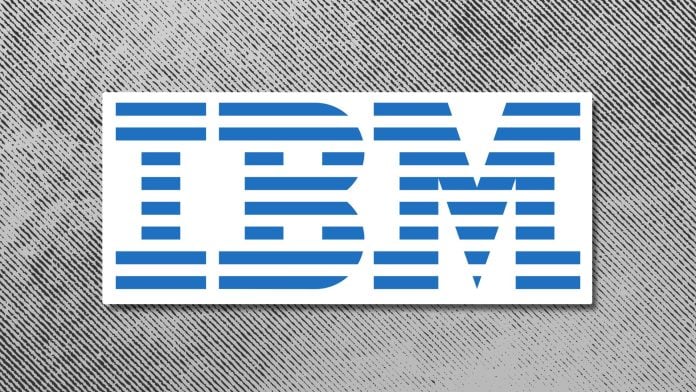IBM is stepping up its game in the artificial intelligence (AI) arena, unveiling a suite of new products and capabilities at its TechXchange 2025 conference designed to help enterprises operationalize AI. This innovation aims to move organizations beyond mere experimentation into fully leveraging AI for increased productivity in development, operations, and business workflows.
Dinesh Nirmal, Senior Vice President of Products at IBM Software, remarked, “AI productivity is the new speed of business. These features will help clients remove bottlenecks across their entire technology lifecycle.” This statement encapsulates the potential benefits for small businesses seeking to improve operational efficiency and responsiveness amid today’s fast-paced market demands.
A key launch is IBM’s watsonx Orchestrate, an adaptable tool offering over 500 customizable agents that facilitate AI deployment. This product promises tool-agnostic scalability, allowing businesses to integrate AI seamlessly into their existing environments. A cornerstone of this offering is AgentOps, a governance feature that delivers lifecycle transparency and real-time monitoring. For instance, consider an HR agent that automates onboarding. Without AgentOps, companies might struggle with visibility and policy compliance. With it, they gain real-time oversight, significantly improving efficiency and ensuring compliance throughout the onboarding process.
Small businesses will benefit from the enhancements within watsonx Orchestrate, particularly through Agentic workflows. These standardized workflows help developers avoid the pitfalls of brittle scripting, making the scaling process smoother. For teams with limited coding expertise, the new Langflow integration allows easy agent creation using a drag-and-drop builder. This could empower smaller organizations to leverage AI tools that previously seemed out of reach.
The focus on operational efficiency does not stop with watsonx Orchestrate. IBM also aims to enhance mainframe operations with watsonx Assistant for Z, which moves from reactive to proactive system management. This could be particularly relevant for industries reliant on mainframe technologies, improving productivity and compliance in those environments.
Another intriguing advancement is Project infragraph, part of IBM’s initiative to streamline enterprise infrastructure. This project aims to combat the common issues of fragmented tools and manual processes that lead to information silos. By providing a unified view of an organization’s infrastructure, it allows businesses to address security vulnerabilities in real time—a critical capability given the rise of cyber threats.
For developers, IBM introduced Project Bob, an AI-first integrated development environment (IDE) designed to fundamentally alter software development lifecycles (SDLC). It combines advanced task automation capabilities with a security-first approach, crucial for companies looking to modernize their applications while maintaining compliance. This project includes features such as intelligent code generation that accounts for enterprise architecture patterns, and security vulnerability scans, which are essential to today’s business landscape.
IBM is also focusing on flexibility for enterprises hesitant to commit to a single vendor. Their expanding partnership ecosystem, including a new collaboration with Anthropic, ensures that businesses can mix and match AI technologies suited to their unique needs. This could remove a significant barrier for smaller firms, allowing them to deploy AI without being locked into a specific vendor’s environment.
However, while these advancements seem promising, small business owners should also recognize potential challenges. The initial integration of these new technologies may require training and adjustments, as teams adapt to new workflows and automation processes. Additionally, the need for real-time data governance will necessitate a shift in how businesses manage their data and operations.
In summary, IBM’s latest offerings at TechXchange 2025 represent a significant step toward empowering small businesses to harness AI effectively. By removing operational bottlenecks and providing tools for better oversight and automation, IBM appears committed to helping smaller enterprises thrive in an increasingly digitized world. Interested readers can find more details on IBM’s announcements by visiting the original post here.
Image Via BizSugar



